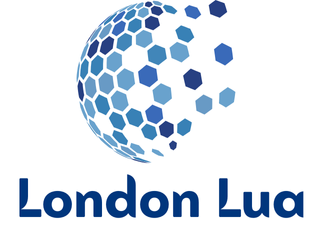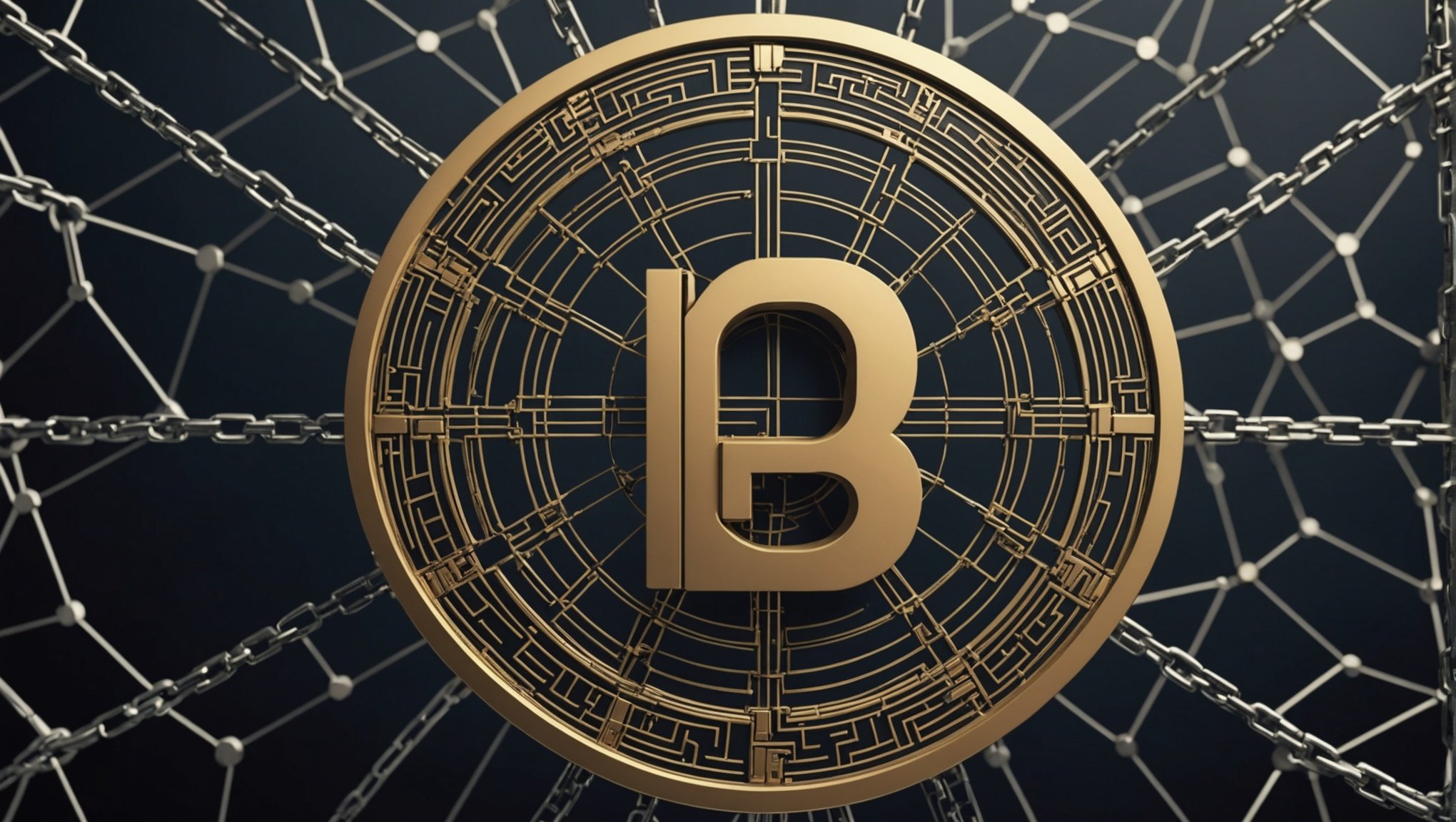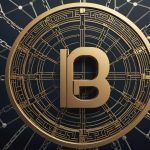Unlocking DAO Security: The Role of Blockchain in Protecting Decentralized Autonomous Organizations
Understanding DAOs and Their Unique Challenges
Decentralized Autonomous Organizations (DAOs) are revolutionizing the way we think about governance and decision-making. These blockchain-native entities are collectively owned and managed by their members through smart contracts, eliminating the need for a central authority. However, this decentralized nature also introduces unique security challenges that must be addressed.
DAOs operate on a trustless system, where decisions are made through voting mechanisms and enforced by smart contracts. This setup is both a strength and a weakness. On one hand, it ensures transparency and immutability, as all transactions and decisions are recorded on the blockchain. On the other hand, it makes DAOs vulnerable to specific types of attacks and governance issues.
Also read : Unlocking Precision: Harnessing AI for Enhanced Predictive Maintenance in the Oil and Gas Sector
For instance, the concept of decentralization in DAOs means that there is no single point of failure, but it also means that there is no central authority to mitigate risks or resolve disputes quickly. As Dmitry Fedotov, Head of DLT Foundations Oversight at ADGM, noted, “It’s kind of a natural evolution for these protocols to start fairly centralized but then become decentralized as the community grows”.
The Role of Blockchain Technology in DAO Security
Blockchain technology is the backbone of DAOs, providing the necessary infrastructure for secure, transparent, and decentralized operations. Here are some key ways blockchain enhances DAO security:
Also to see : Unlocking Renewable Energy Potential: Harnessing AI for Enhanced Efficiency in Management
Enhanced Security Through Encryption
Blockchain technology uses advanced encryption methods to protect data. Unlike centralized systems, where data is stored in a single location and can be compromised, blockchain distributes data across a network of nodes, making it much harder to manipulate or steal.
Transparency and Immutability
All transactions and decisions within a DAO are recorded on the blockchain, making them transparent and immutable. This ensures that once a decision is made and recorded, it cannot be altered or deleted, providing a high level of trust among members.
Smart Contract-Enabled Governance
Smart contracts are self-executing contracts with the terms of the agreement written directly into code. They automate decision-making processes within DAOs, ensuring that rules are followed without the need for intermediaries. For example, token holder rights and voting mechanisms can be prescribed and enforced through smart contracts, creating a legal wrapper for decentralized entities.
Voting Mechanisms and Governance Models
Voting mechanisms are crucial in DAOs, as they enable the community to make decisions collectively. Here are some common voting mechanisms and their implications:
Token-Based Voting
- How it works: Token holders vote using their tokens, with the weight of their vote often proportional to the number of tokens they hold.
- Pros: Encourages community engagement and allows for rapid decision-making.
- Cons: Can be susceptible to Sybil attacks and may favor wealthy participants.
Quadratic Voting
- How it works: Each participant has a limited number of votes, but the cost of each additional vote increases quadratically.
- Pros: Prevents wealthy participants from having disproportionate influence, promoting fairness.
- Cons: Can be complex to implement and may not be suitable for all types of decisions.
Conviction Voting
- How it works: Participants can vote for or against proposals, and the voting power increases over time if the participant continues to support the proposal.
- Pros: Encourages long-term commitment and reduces the impact of short-term manipulation.
- Cons: Can lead to slower decision-making processes.
Addressing Challenges with Hybrid-DAOs
While traditional DAOs offer a high level of decentralization, they often face challenges related to scalability, governance, and compliance. Hybrid-DAOs, which combine decentralized principles with traditional legal frameworks, offer a solution to these issues.
Legal Recognition and Compliance
Hybrid-DAOs register as LLCs or other legal entities, providing members with personal liability protection and ensuring compliance with existing legal systems. This approach makes DAOs more attractive to institutional investors and stakeholders.
Identity Verification
To prevent Sybil attacks, Hybrid-DAOs can use identity verification platforms to ensure each participant has only one verified wallet. This maintains the fairness and integrity of the voting process.
Practical Insights and Actionable Advice
For those looking to establish or participate in a DAO, here are some practical insights and actionable advice:
Choose the Right Voting Mechanism
- Understand the community: Select a voting mechanism that aligns with the values and needs of your community. For example, if fairness is a priority, Quadratic Voting might be the best choice.
- Implement robust security measures: Ensure that your DAO uses advanced encryption and secure smart contracts to protect member data and assets.
Engage with the Community
- Foster participation: Encourage community members to participate in decision-making processes. This can be done through education, incentives, and transparent communication.
- Address conflicts: Establish clear conflict resolution mechanisms to handle disputes that may arise within the community.
Stay Updated with Regulatory Frameworks
- Compliance is key: Keep abreast of regulatory developments, especially if you are operating in a jurisdiction with specific laws governing DAOs. The Abu Dhabi Global Market (ADGM) framework, for instance, provides a purpose-built regulatory environment for blockchain foundations and DAOs.
Examples of Successful DAOs
Several DAOs have successfully navigated the challenges of decentralized governance and security. Here are a few examples:
UniswapDAO
- Governance model: UniswapDAO allows members to vote on policy changes for the Uniswap exchange using token-based voting mechanisms.
- Success: The DAO has managed to maintain a high level of community engagement and has made significant decisions regarding the platform’s development.
MakerDAO
- Governance model: MakerDAO uses a combination of token-based voting and executive voting to manage its stablecoin, DAI.
- Success: Despite facing challenges, MakerDAO has demonstrated resilience and adaptability, ensuring the stability of its ecosystem.
DAOs represent a significant shift in how organizations are structured and governed, offering unprecedented levels of transparency, autonomy, and community engagement. However, these benefits come with unique security challenges that must be addressed.
By leveraging blockchain technology, implementing robust voting mechanisms, and adopting hybrid models that combine decentralization with traditional legal frameworks, DAOs can enhance their security and governance. As the ecosystem continues to evolve, it is crucial for participants to stay informed, engage actively, and adapt to the rapid innovation in this space.
In the words of Vitalik Buterin, “Blockchains are politically decentralized (no one controls them) and architecturally decentralized… but they are logically centralized (there is one commonly agreed state and the system behaves like a single computer)”. This balance between decentralization and centralization is key to unlocking the full potential of DAOs and ensuring their long-term success.
Table: Comparison of Voting Mechanisms in DAOs
| Voting Mechanism | Description | Pros | Cons |
|---|---|---|---|
| Token-Based Voting | Token holders vote with their tokens, with vote weight proportional to token holdings. | Encourages community engagement, rapid decision-making. | Susceptible to Sybil attacks, favors wealthy participants. |
| Quadratic Voting | Each participant has a limited number of votes, with increasing cost for additional votes. | Prevents disproportionate influence, promotes fairness. | Complex to implement, may not be suitable for all decisions. |
| Conviction Voting | Voting power increases over time if the participant continues to support a proposal. | Encourages long-term commitment, reduces short-term manipulation. | Can lead to slower decision-making processes. |
| Quorum Voting | Decisions are made when a certain percentage of participants vote. | Ensures broad consensus, prevents minority rule. | Can be slow and may not be effective for urgent decisions. |
Detailed Bullet Point List: Benefits and Challenges of Decentralized Systems
Benefits:
- Global Accessibility: Only an internet connection is required; no physical locations or geographic restrictions.
- Example: Bitcoin operates globally without any central authority controlling it.
- Autonomy: Users control their own transactions without needing centralized institutions.
- Example: DeFi platforms allow users to borrow and lend cryptocurrencies without intermediaries.
- Immutability and Transparency: Transactions are permanently recorded on the blockchain and publicly accessible.
- Example: Ethereum’s blockchain ensures that all smart contract interactions are transparent and immutable.
- Privacy: Personal details of participants are not included in public records.
- Example: Some blockchains offer privacy features like zero-knowledge proofs to protect user identities.
Challenges:
- Regulatory Uncertainty: Lack of globally consistent regulatory frameworks.
- Example: Different jurisdictions have varying laws and regulations regarding cryptocurrencies and DAOs.
- Susceptibility to Attacks: Loss of keys, hacks, and other security breaches.
- Example: The DAO hack in 2016 highlighted the vulnerability of smart contracts to exploits.
- Scalability Issues: Decentralized systems can be slower and less scalable than centralized ones.
- Example: Bitcoin’s scalability issues have led to the development of layer 2 solutions and sidechains.
- Governance Challenges: Decentralized governance can be complex and slow.
- Example: DAOs often struggle with voting mechanisms and ensuring fair representation among members.











